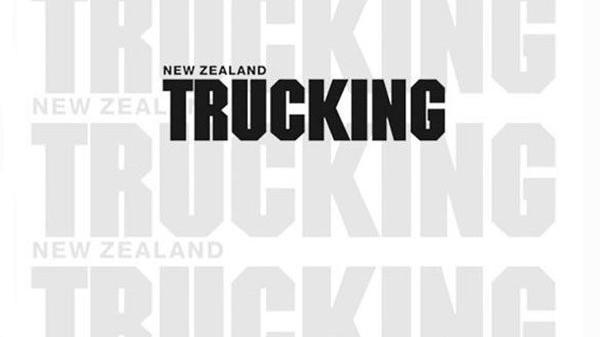Plucking more off the money tree

It was impossible not to have been moved by the devastation following Cyclone Gabrielle in the north and east of the North Island. Unbelievable really does not describe what we saw. Of course, it did not take long for the cry to go up that we must do more to prevent climate change. Whether some like to admit it or not, climate change has been around almost since the first day the Earth was formed – how else can the ancient forests beneath Antarctica or the holding of frost fairs on a frozen River Thames in the 17th and 18th century be explained?
What we saw in mid-February was Mother Nature at work. Anybody who has spent time at sea will have seen the power she displays from time to time to remind us all who the boss is. What we need to do is not difficult; just accept climate change is a natural occurrence and that spending billions of dollars trying to prevent it is an exercise in futility. Instead, we should be directing that money to counter the effects of the changing climate. After all, it’s not as though we haven’t got a pretty good idea of what needs doing – building more robust roads would be a good place to start. But, of course, this does not fit the ideological thinking of some who believe they have the power to change what has been occurring for millions of years. In response to the disaster, it was pleasing to see the finance minister reach out of his window and pluck a few more leaves from his money tree with the promise of more to come. I am sure as the year progresses, we will see more and more of this leaf-plucking with ample amounts of fertiliser spread over the golden buckets in which the money trees grow and flourish; the taxpayers of New Zealand.
It was no surprise to read about the major breakdown of communications systems due to the breakdown of the power grid in the affected areas. It should be obvious that when you have a system which relies on mains power with a small backup timeframe from batteries, once this power goes off, the life of your system is severely limited, especially when the demands on your system increase – inevitable when we have events as we did mid-February. Surely as part of the social licence to operate, the organisations providing our telecommunications systems should have good back-up systems in place, such as back-up generators, as the major telephone exchanges did in the day of the plug-in telephones?
It came as a bit of a shock to hear the prime minister say we need to spend more on roads while sort of acknowledging, without actually saying so, that roads are the nation’s lifeline. What has the industry been telling them for years? Of course, it is not this government’s fault – it claims it inherited a rundown system, forgetting entirely that it put a hold on the Roads of National Significance programme and deferred or canned several long overdue roading projects while syphoning off a lot of the money into projects like cycleways and initiatives for people to buy electric vehicles.
And before we get too blasé about what on the surface appears to be a reset of how the government sees roads, we must remember that this is election year, and this government will more than likely need the support of the Greens if they are to keep control of the treasury benches.
Astute readers may notice that this month I have not made any comments about the industry associations. There is a simple reason for this. I did not read anything attributed to them that was worthy of comment.
President Kennedy is quoted as saying: “There are risks and costs to actions, but they are far less than the long-range risks of inaction.”
Read more
Taking Control
0 Comments5 Minutes
And so the year ends
0 Comments5 Minutes
Return of the night carts
0 Comments5 Minutes
Dead like the dodo
0 Comments5 Minutes



